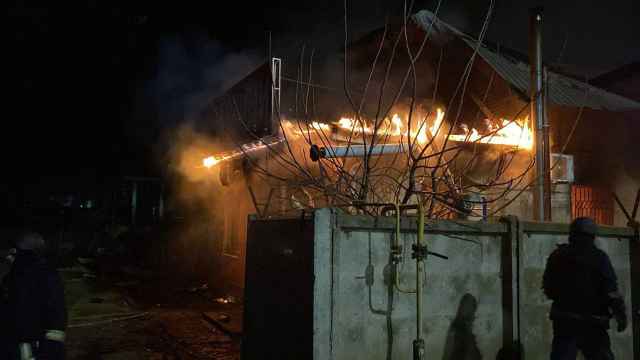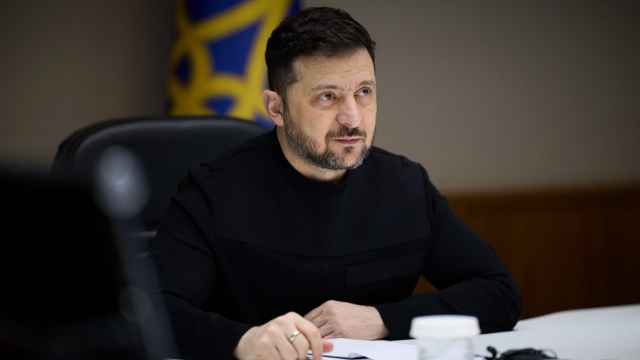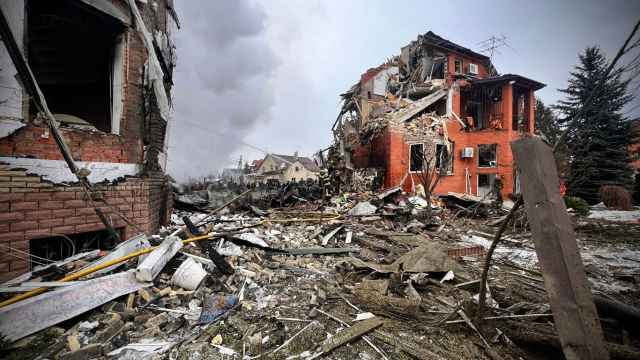The same authorities who fearfully responded to the anti-government protests in December by proposing a range of political reforms are now carrying out a series of counter-reforms.
While these actions have grabbed the spotlight, little attention has been paid to the fact that the authorities also promised in December to implement reforms to improve relations between Moscow and the regions. In fact, State Council decisions made on July 17 indicate that the backtracking on reforms is even greater in this area than in relations between the government across all of Russia and society.
The State Council headed by President Dmitry Medvedev in December 2011 differs dramatically in both composition and style from the current State Council headed by President Vladimir Putin.
Medvedev's State Council discussed in December to cede 100 tasks to the regions. By contrast, Putin's State Council opted to cede only a handful of responsibilities to the regions starting in 2013. They include oversight of the environment, food quality, labor legislation, passenger vehicles and forestry.
Under this arrangement, governors will be given carte blanche in establishing the structure and appointing directors of those supervisory agencies. At the same time, Moscow will not provide the regions with the funds to implement these projects. Instead, it will hold the governors personally responsible for the results. If they fail, they could easily be dismissed for unsatisfactory performance.
In a bid to increase their effectiveness, the 200 indicators to evaluate efficiency of regional authorities will be reduced to only 11. A draft of that presidential decree has already been prepared.
There are three main results of these measures:
First, they will lead to a degree of decentralization, but not to refederalization. The Kremlin plans to give the regions responsibility for the physical implementation of a number of burdensome supervisory functions while keeping control over the decision-making process firmly rooted in Moscow. As Federation Council Speaker Valentina Matviyenko rightfully pointed out in December, even if Moscow were to delegate authority to the regions, it could just as easily rescind it, a reality that understandably dampens the enthusiasm of regional authorities.
Rather than using those joint powers as a political football to be handed off and then snatched back depending on the political climate, the regions should be entrusted with certain inalienable powers.
Second, the government's backtracking on promises to provide full financial support for the powers and responsibilities it transfers to the regions is reminiscent of attempts in 2004 to reform the monetization of benefits. Then, too, the authorities managed to quickly override objections from the regions, but they paid a high price for it in the process.
Finally, however much Medvedev was only a weak figurehead as president, there remains a striking contrast between the functioning of his State Council and that of Putin's. At least Medvedev's сouncil discussed and planned for federalist reforms, even if it never implemented them. By contrast, Putin angrily reacts to any hint at concessions to reformers and takes pains to avoid even the use of the word "elections," preferring to speak of "a new method for bringing governors into office."
The next few years will be marked by two general trends: changes in the relationship between the government and society and between Moscow and the regions. It seems the Kremlin is determined to defy logic by working against progress and by implementing counterproductive measures that offer little promise of improving the situation in the country.
Nikolai Petrov is a scholar in residence at the Carnegie Moscow Center.
A Message from The Moscow Times:
Dear readers,
We are facing unprecedented challenges. Russia's Prosecutor General's Office has designated The Moscow Times as an "undesirable" organization, criminalizing our work and putting our staff at risk of prosecution. This follows our earlier unjust labeling as a "foreign agent."
These actions are direct attempts to silence independent journalism in Russia. The authorities claim our work "discredits the decisions of the Russian leadership." We see things differently: we strive to provide accurate, unbiased reporting on Russia.
We, the journalists of The Moscow Times, refuse to be silenced. But to continue our work, we need your help.
Your support, no matter how small, makes a world of difference. If you can, please support us monthly starting from just $2. It's quick to set up, and every contribution makes a significant impact.
By supporting The Moscow Times, you're defending open, independent journalism in the face of repression. Thank you for standing with us.
Remind me later.






